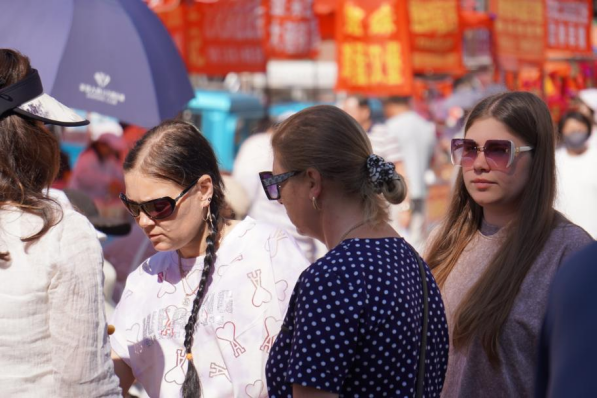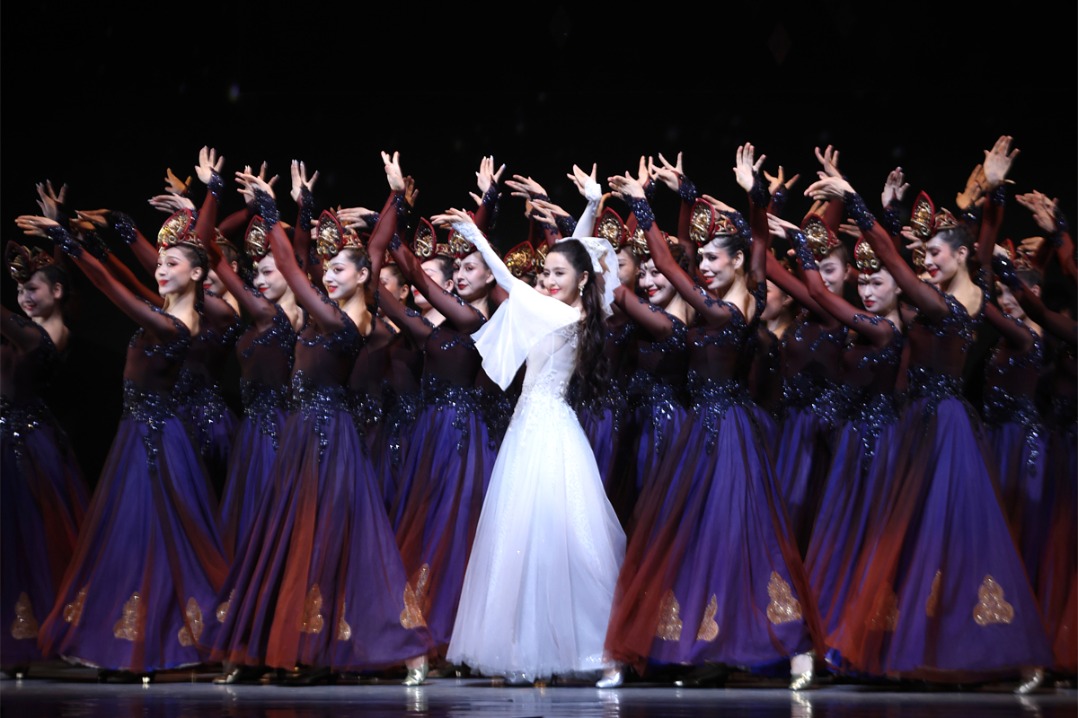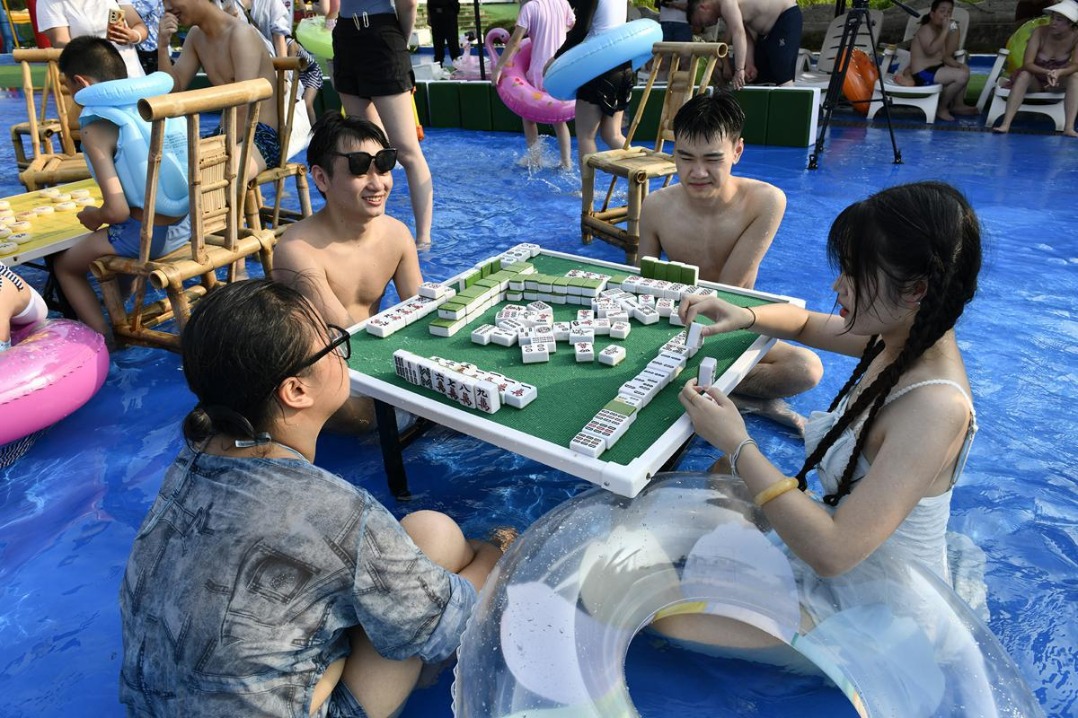Riding the digital wave

Lingnan University has embarked on a revolution, fusing liberal arts education with emerging technology to create a "unified personality" among humans, and making the academy a model among educational institutions in Hong Kong in the new era. President Joe Qin Sizhao talks to Oasis Hu.

Editor’s note: Education is playing a key role in nurturing talent, fostering intellectual discourse, and driving progress in the Guangdong-Hong Kong-Macao Greater Bay Area. China Daily will present a series of interviews with university heads in the region on their perspectives, wisdom, and vision for future education development.
As artificial intelligence transforms the world of education, Lingnan University - a Hong Kong institution renowned for its century-old liberal arts tradition - has been at the forefront in embracing the new technological wave.
Strolling around the institution's campus in Tuen Mun District in the northwestern New Territories, one can easily sense an atmosphere that blends tradition with modernity. In the buildings adorned with traditional Chinese-style architecture, students gather to discuss adopting AI and its implications, using the most updated version of ChatGPT to search for information.
With many overseas universities still hesitating or refusing to accept ChatGPT, Lingnan University gave all students and faculty members free access to it shortly after its launch in November 2022 and, from the 2024/25 academic year, the institution made AI a mandatory subject for first-year students.
In early May, Lingnan inaugurated the School of Data Science - the sixth faculty of the time-honored university, which is empowering traditional liberal arts courses with new technologies.
The key driver behind this critical transformation is Joe Qin Sizhao, who has been at the helm of the institution since September last year.
Qin - an esteemed professor renowned for his expertise in automation, engineering and data science - is Lingnan's first president with a scientific and technological background since the institution's elevation from college to university status in the 1990s. All his three predecessors specialized in economics or sociology.
Lingnan is widely recognized as the bastion of humanism in Hong Kong. Founded in 1888, it boasts a history spanning more than 130 years and is known as the region's oldest university. It's distinguished for its exceptional humanities majors, particularly in philosophy and Chinese language. It upholds a long-standing tradition of providing liberal arts education, emphasizing the importance of nurturing students' personalities.
Qin sees his most important mission as leading the university in the digital revolution, enabling traditional liberal arts education and emerging technology programs to nourish each other and grow together.
After completing his studies at the nation's prestigious Tsinghua University in Beijing, Qin obtained a doctoral degree from the University of Maryland in the United States. Over decades of research, he has published more than 470 papers and presentations and secured 12 patents in the US. He is a fellow of many academies of science, including being a fellow of the National Academy of Inventors in the US - one of the highest honors for academic innovation and invention.
Besides his engineering prowess, Qin has a deep appreciation for humanities classics, which further strengthens the alignment between his expertise and Lingnan's values.
Speaking calmly and slowly, Qin has a gentle demeanor, reflecting the qualities found in ancient Chinese literati. He's fond of reading Chinese classics, has a profound understanding of Chinese history, and can recite a slew of stories from China's modern era.
With a profound comprehension of the arts and sciences, he has figured out a definition of liberal arts education in the digital era since assuming the presidency of Lingnan University. In his view, the essence of liberal arts education in the digital age entails the integration of arts and sciences, the fusion of technology and humanities, and the development of human-centric technology. With the progress of liberal arts and digitalization in schools, Qin believes Lingan can be an education model in the new epoch, serving as a reference for other institutions.
- Shenyang zoo bears relish local chicken treat
- South China's Guangdong lowers typhoon alert as storm Wipha weakens
- Bold experiment transforms barren desert into green pasture in Xizang
- 2 dead, 9 injured in road accident in China's Kunming
- Gansu hospital under external management after falsifying lead test results
- Border city thrives with Sino-Russian commerce





































